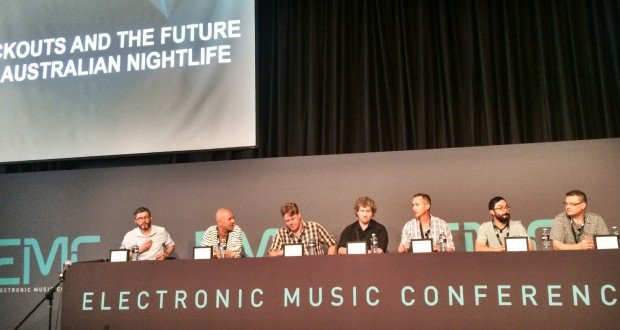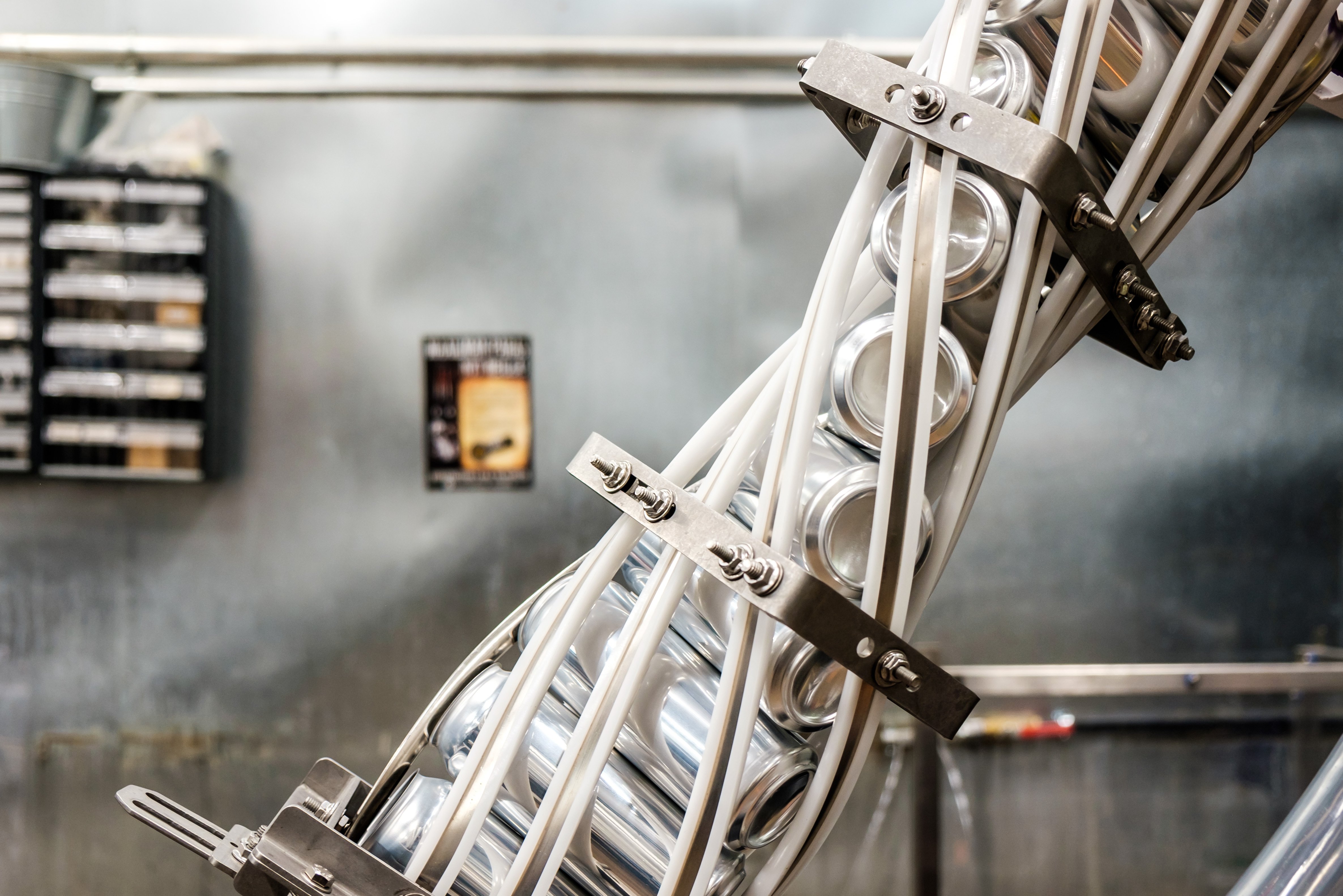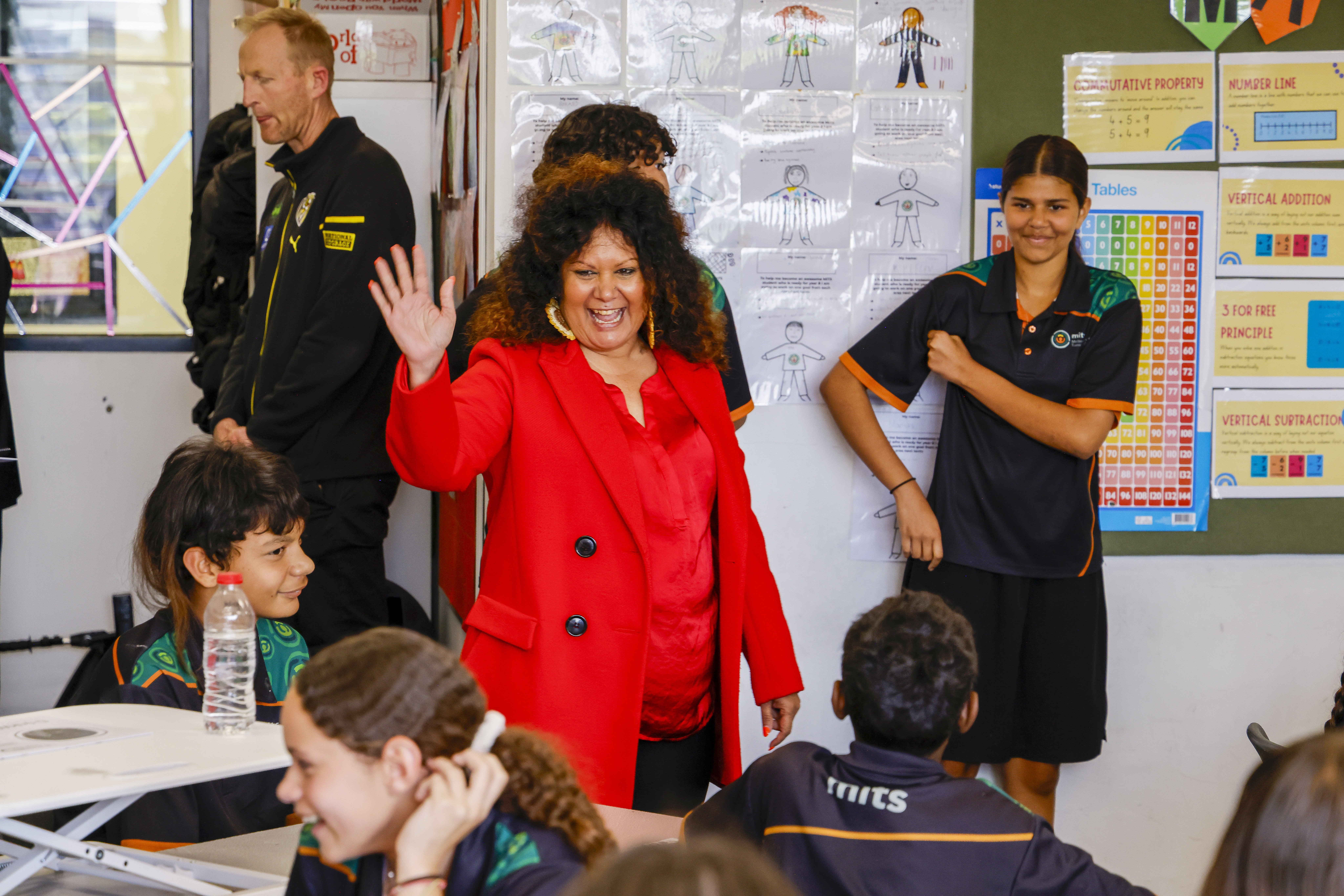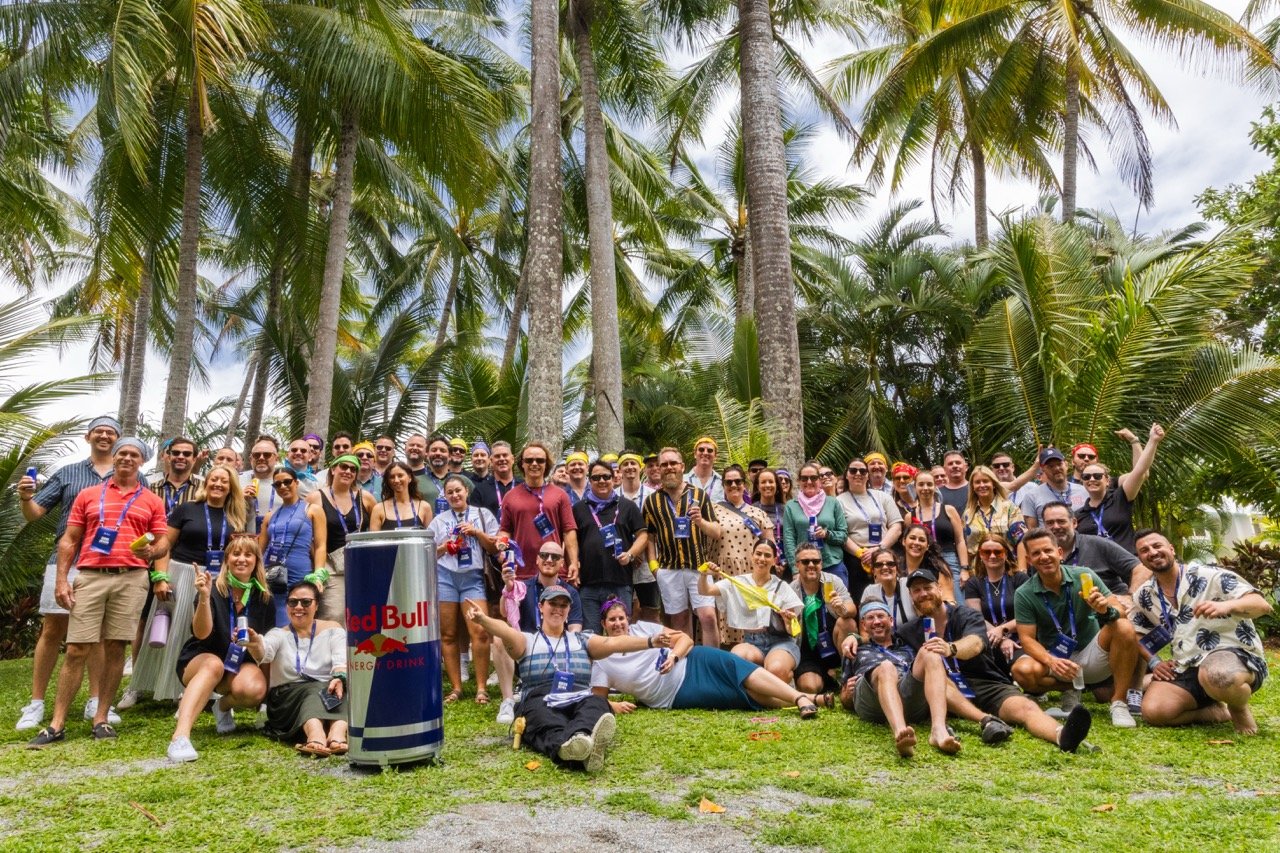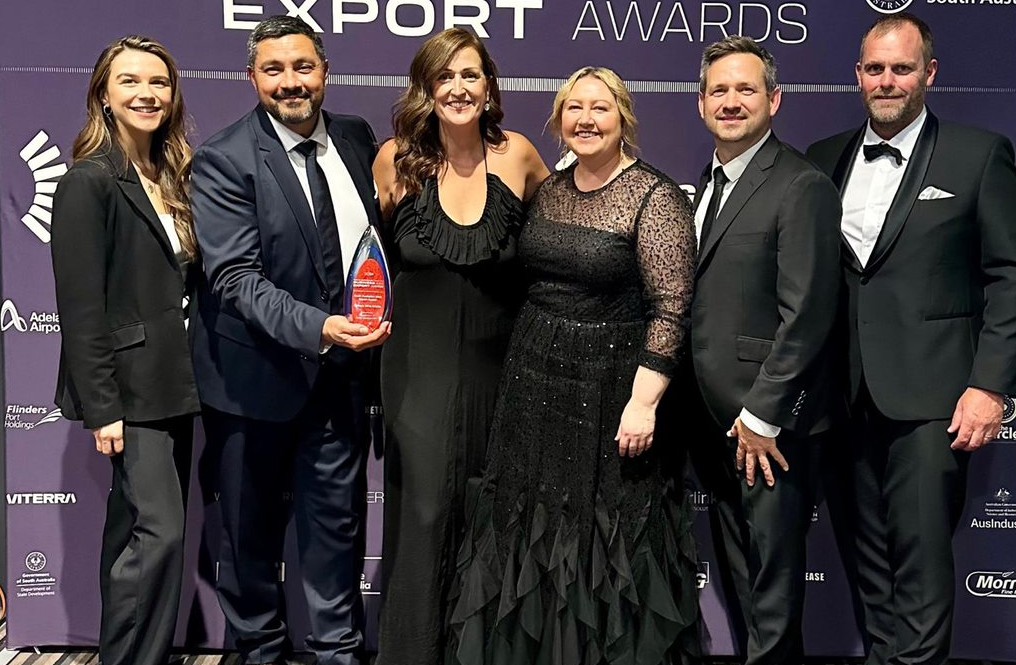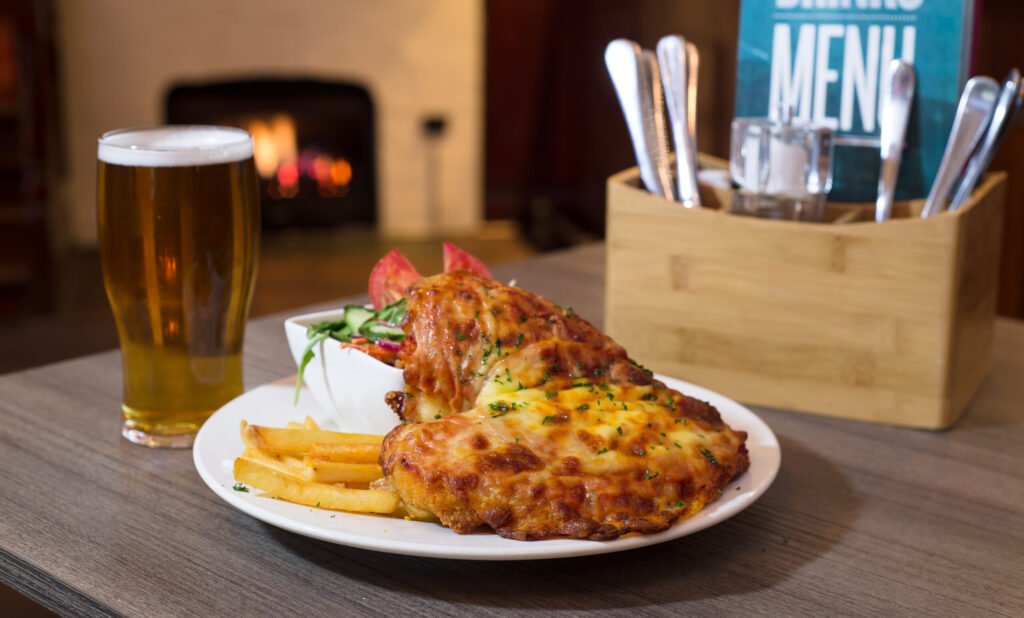The 2015 Electronic Music Conference in Sydney this week provided opportunity for key industry leaders from NSW, VIC, QLD and SA to discuss the state of lockout laws and ideas for the future of Australia’s nightlife. Panelists included Daniel Michael – Marketing and Entertainment Director of Australia’s largest nightclub, HQ Complex; Simon Digby – owner of Melbourne-based hospitality group Roar Projects and Head of Steering Committee for the Melbourne Nightclub Owners Forum; Nick Braban – Secretary of representative body, Our Nightlife Queensland; Dean Ormston – Head of Member Services Group at the Australasian Performing Right Association AMCOS; John Wardle – Policy Director at the Live Music Office; and Tyson Koh - Campaign Manager of Keep Sydney Open.
Among discussions, Braban said industry in Queensland and members of Our Nightlife Queensland are incredibly concerned about the possible introduction to the state of curfews similar to those currently in place in Sydney, with talks also happening in Canberra.
“What’s disappointing for us, is that we’ve had a decade of good policies from governments on both sides to address harm around the business that we do in places like Cairns, the Gold Coast and Fortitude Valley for example, and these have delivered really good outcomes”, Braban said. "The former government actually legislated the formation of groups that brought stakeholders together and allowed communities to really self-regulate and decide what works for them, because the blanket application of laws has been shown not to work..."
“What works in Fortitude Valley, may not necessarily work in Melbourne or in Kings Cross, but there are learnings from them all that I think the industry needs to take and use to come up with some best practice ideas for the future and for electoral cycles to come, because this is going to continue to come up – it's a sleeping giant – and without effective lobbying, effective planning and effective strategy, we’re going to continue to see this legislative pattern across Australia and trading hours will be bent back, because there is a misunderstanding of the culture that we engender and the businesses that we operate and represent.”
Having seen the impact of legislation in NSW over the last 20 months, Koh said it is now time for industry stakeholders to start talking to each other.
“It’s fair enough that they haven’t until recently, because people have just been trying to take care of their own businesses, but now people need to set some time aside to be able to collude”, Koh said.
Wardle added saying: “The lockouts in Sydney are perceived as conflated; from the 2009 liquor freeze on the CBD through to the 2014 February intervention that brought in the 1.30am lockouts in trade and the 10pm closure of bottle shops, and then the new risk-based licensing framework that was introduced this year. It’s a complex place and it has a great deal of public support; the lockouts came from [major media] running strong campaigns – and that’s a really powerful message from the community.”
Wardle said the next step for the industry is about reframing how the sector presents itself.
“It’s a big challenge and now it’s about finding a way to move forward incrementally”, Wardle said. “The goal to remove the lockouts and go back to the way that we were is not something we see as being achievable, but what we do see as being achievable is reframing how the sector presents itself and its priorities, and then look to what some of the other states are doing...I think there is some really good precedent in Victoria of exemptions of small venues from the liquor freeze.”
Digby said the work Steering Committee has been doing to create industry forums in Melbourne has been successful in preventing the extremity of similar legislation to that in Sydney.
“What we’ve done in Melbourne is get local late night venues together to share information, which then goes back to a Steering Committee”, Digby explained. “On that committee, we’re sitting side-by-side with the superintendent and the VCGLR (Victorian Commission for Gambling Regulation), so we’re actually working together and trying to be proactive rather than reactive. At the end of the day, late night venues working together is going to be a lot more effective than them trying to do it by themselves.”
In South Australia, Michael explained how introducing a voluntary lockout at HQ helped prevent larger scale legislation in the state.
“We introduced a voluntary lockout about a year ahead of the government's", Michael said. “We also changed all our glassware over to plastic and we implemented CCTV and eye scanning to the levels they wanted. One of the good things that came out of that, was that a lot of what went into the government's code was what we already had. We recognised that what we didn’t want to happen, was going to happen anyway and so we needed to be proactive.”
Panelists also said that the industry needs to start looking at reinvesting into education of younger generations to help improve future perceptions of the industry.
“We really need to tap into schools and talk to youngsters about being responsible”, Digby said. "Not creating this mystery about what happens in nightclubs and what happens with drugs and alcohol, instead demystifying it. Education also has to start with parents, as well as in schools, to create a bigger picture of what we’re trying to achieve here.”
Share the content
